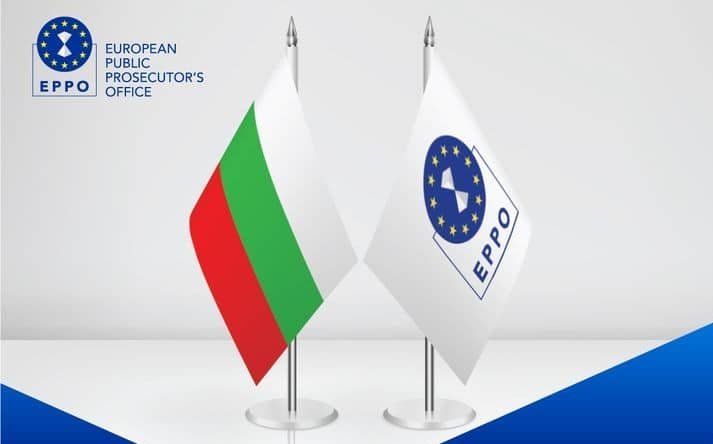The European Public Prosecutor’s Office (EPPO) is carrying out extensive investigations into allegations of fraudulent reporting of greenhouse gas (GHGs) emissions in Bulgaria, and the discrepancies have resulted in losses of millions of euros.
The EPPO was responsible for verifying emissions from thermal power plants in Bulgaria.
The allegations are that the company submitted false reports of emissions from various power plants. The alleged misreporting has been occurring from as early as 2017. The purpose of the false data was to under-report the emissions from Bulgaria for use in the EU’s Emissions Trading System (ETS).
The ETS is the world’s largest carbon market. It operates as a ‘cap and trade’ scheme which puts GHG emissions limits on certain regions.
For instance, if a certain region exceeds the limit, they have to purchase allowances for the exceeded amount. If they fall within the limit, they can trade the remaining allowance.
This trading of allowances can amount to transactions worth millions of Euros. This is why accurate reporting of ETS data is crucial with regards to the carbon market. Discrepancies can result in substantial costs to the national budgets of countries.
Last year, a reform to the EU’s carbon market was announced, which has increased the target emissions reduction from 55% to 62%. This means that EU countries must reduce their emissions by 62% from 2005 levels.
Recently, it was reported that the price of carbon has just hit 100 Euros per metric ton of CO2 in the ETS. Just a decade ago, this price was at 10 Euros. The increase in price means that misreported emissions would incur even more financial losses.
Underreported Bulgarian GHG Emissions
The misreporting of the Bulgarian emissions means that they would now owe for the extra emissions that were not disclosed. In addition to monetary losses, the data affected environmental factors such as air quality in Bulgaria.
The investigations involved more than 150 police officers performing searches across 11 Bulgarian cities. It was also a joint effort between Bulgaria’s General Directorate for Combating Organised Crime (ГДБОП) and Bulgaria’s State Agency for National Security (ДАНС).
The investigators seized a multitude of belongings. These included mobile phones, laptops, and other various documentation. The investigation is still underway with more than 40 searches completed, and interviewing more than 70 witnesses.
According to the data submitted to the EU Prosecutor, Bulgaria appeared to have lowered the carbon emissions intensity of their power sector since 2007.
For example, in 2021, its power sector emissions were reported to be 413 gCO2/kWh. In 2007, that figure was at 608 gCO2/kWh. This represents nearly a 32% reduction from 2007.
However, with the misreported emissions, it is unclear by how much the country’s carbon intensity has actually improved. The ongoing investigation will reveal more data and help provide more clarity on the issue.
This is not the first case of misreported greenhouse gas emissions. One study found that quite a number of companies under-report their emissions. In particular, the study estimated an error rate of 30%-40% in emissions measurements.

